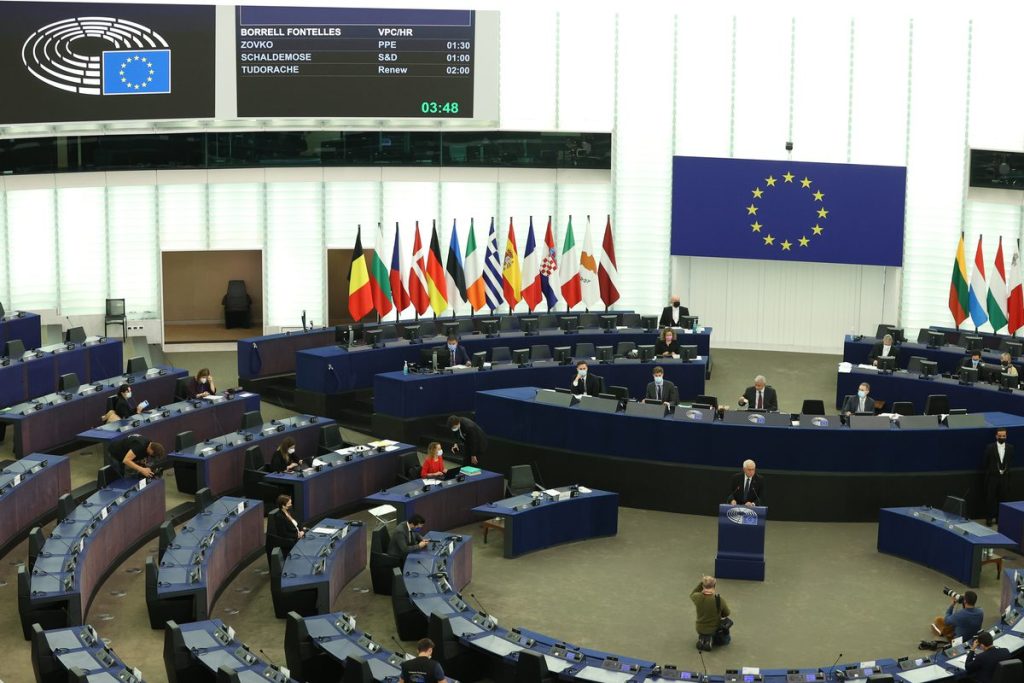Similar to the tide’s ebbs and flows, there are patterns in the complex dance of politics. Similar to how an unexpectedly low gold price would indicate a market anomaly, some political occurrences can also be signs of more significant change. Let us introduce you to populism, a political movement that has been sweeping the world for almost twenty years but appears to be levelling off.
Think about the current turmoil in Hungary, where the populist prime minister, Viktor Orban, is caught up in a self-inflicted crisis. Even among those who previously backed Orban’s conservative agenda, there have been strong protests following the news that amnesty was granted to a former official implicated in concealing sexual offences. This disagreement highlights the public’s rising disenchantment with populist politicians who act hypocritically while espousing a particular set of beliefs.
In a similar vein, the once-untouchable leaders Putin and Netanyahu are currently dealing with growing challenges to their power. There have been unusual protests in Russia over Putin’s apparent participation in the death of opposition leader Navalny, which may indicate weaknesses in his autocratic system. Meanwhile, cries for fresh elections are resounding even within his own steadfast ally, the United States, as a result of Netanyahu’s handling of the crisis with Hamas, which has undermined his support both locally and internationally.
But pressure isn’t simply being felt by these prominent figures. The biggest protests since the fall of communism are being held by farmers and citizens throughout the European Union, India, and the former Soviet bloc. Economic hardships and a rising realisation of the empty promises made by populist leaders are the main causes of the widespread dissatisfaction with the current state of affairs.
There are signs of weakness even in India, where Prime Minister Modi has ruled for a long time. The tide may also be against him, as evidenced by revelations of attempts to institutionalise crony capitalism and declining living standards for a large number of people. As voters want accountability and real progress, the appeal of a Hindu nationalist state is waning.
And the spectre of Donald Trump, the personification of populist rhetoric and disruption, looms big over this global scene. His existence acts as a continual reminder of the dangers of populism passing for government, regardless of whether he gains back control of the country or stays a divisive figure on the periphery.
It’s true that change is in the air, bringing with it a new era in which populist politicians are held accountable for their actions. There is hope that a more democratic and egalitarian society, where people’s needs come before hollow promises and leaders are held accountable, may emerge as the tide of anger rises.
One thing is certain in this changing political landscape: a more inclusive and progressive future is emerging as the age of populism fades. It would be wise for today’s leaders to pay attention to the warnings and adjust to the shifting tides, lest they be carried away by history.
